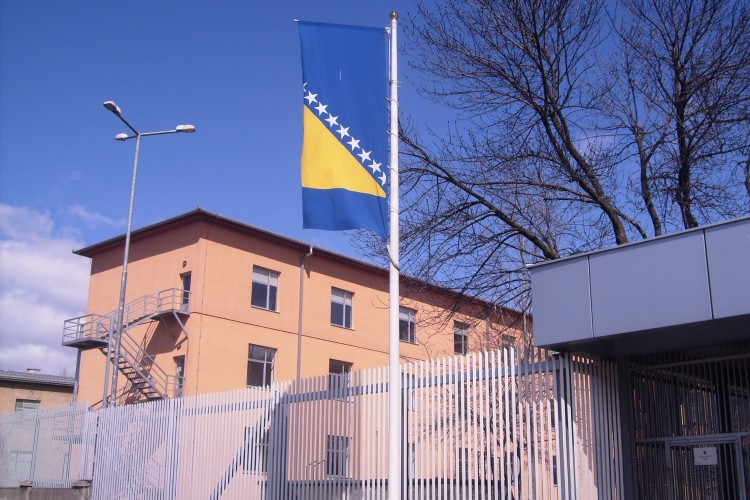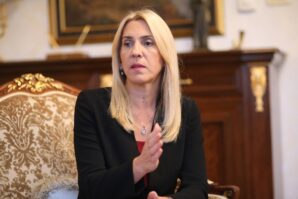
Despite nearing the end of October, the Arctic Sea ice still hasn’t commenced freezing—a first since records began.
For the first time in recorded history, the ice in the Arctic Sea has not formed during the month of October.
According to post doctoral researcher Zachary Labe from Colorado State University, “the lack of freeze-up so far this fall is unprecedented in the Siberian Arctic region,” as reported in The Guardian.
Mr Labe noted that this corresponded with anticipated human-driven climate change consequences.
Experts attribute the belated annual freeze in the Laptev Sea in Siberia (the marginal sea of the Arctic Sea) to uncharacteristically warm temperatures in Russia’s north and a heatwave in Siberia, as well interference from Atlantic waters; and are concerned with the potential consequences of the freeze-delay on the polar region.
There is also less ice overall in the area.
Lars Kaleschke, a climate scientist from the Alfred Wegener Institute in Germany said that “this year, after warm summer [sic], we see that the [amount of] ice is the second-lowest on record,” as reported in EuroNews.
“We see a delayed freeze-up of this area and we currently have four million square kilometres less sea ice than usually expected compared to the 1980s,” said Mr Kaleschke.
“That’s ten times the size of Germany that is missing.”
Sea ice physics specialist Dr Stefan Hendricks, also from the Alfred Wegener Institute, said that while bleak, what is happening to the ice is unsurprising.
“It is more frustrating than shocking,” he told The Guardian.
“This has been forecast for a long time, but there has been little substantial response by decision-makers.”
Written by Miya Yamanouchi for the Sarajevo Times












